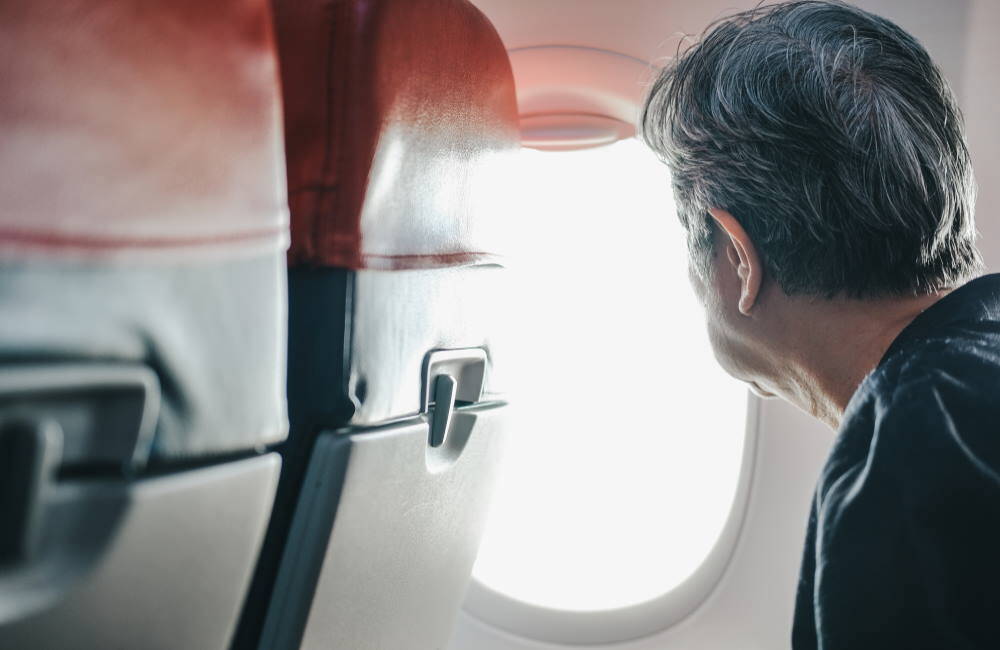
Even if they once loved to take a trip, travel can prove difficult for dementia patients. But traveling with an experienced flight nurse can make the trip much safer and more doable for those with Alzheimer’s disease, Parkinson’s disease or multi-infarct dementia.
Having an experienced medical professional along for the trip is important because those who must fly with memory loss, or their caretakers, may believe it’s next-to-impossible to make a trip. The senior travel assistance offered by flight nurses makes a significant difference and makes flying with dementia patients a much more realistic option.
What is Air Travel Assistance for Seniors?
Who Needs A Flight Nurse?
All dementia patients can benefit from having a flight nurse on their trip. It also provides much-needed support to caregivers, who face many challenges providing care for dementia patients.
Dementia impacts people in different ways. The most common form involves age-related cognitive decline. It can start with simply forgetting names or short-term memory loss, but eventually can impact a person’s ability to handle day-to-day activities.
It also makes air travel for seniors with dementia difficult. While many dementia patients do well in the familiar surroundings of home, they experience trouble with changes in location or the pace of the day. They may become overcome with fatigue when around large groups of people and loud noises. These situations can also lead to outbursts of confusion, anxiety and fear.
Someone with experience working with dementia patients and the ability to oversee travel arrangements can make a difference.
5 Ways to Improve Senior Air Travel
What a Flight Nurse Does
Flight nurses are experienced medical professionals who can make the entire trip with dementia patients. In the case of Flying Angels, all flight nurses have experience working in emergency room settings and are certified for providing medical care at high altitudes. That includes managing any medications and medical equipment.
Flight nurses also help caregivers watch for signs of issues with dementia patients, including becoming verbally abusive or confused, not recognizing their own caregiver, or becoming frightened or agitated. They also can help them deal with these situations, keeping the caregiver from having to go it alone.
Flight nurses typically work with non-emergency medical transport companies like Flying Angels that provide full transportation service. That includes booking flights, working with airports and security to smooth the trip through the airport for dementia patients, and handling any ground transport needs.
Day in the Life of a Flight Nurse
Some Other Tips For Flying With Dementia Patients
For those planning the trip, it’s best to keep it to one destination rather than trying to travel to multiple places, according to caregiver.com. This will take some of the anxiety out of making the trip.
Also, the trip should be as short as possible and involve direct flights rather than having to change planes, as that procedure could prove troubling to dementia patients.
Another good idea is to take a trip to someplace familiar. If the dementia patient travels to a place they loved before the onset of the disease, there’s a better chance they will recognize their surroundings and feel more relaxed. For those who need to fly with memory loss, the burden on their caregivers is enormous. But by working with a flight nurse, they can make the trip much less burdensome. They also will have a skilled medical professional by their side to handle any issues that may arise, providing them with peace of mind.

